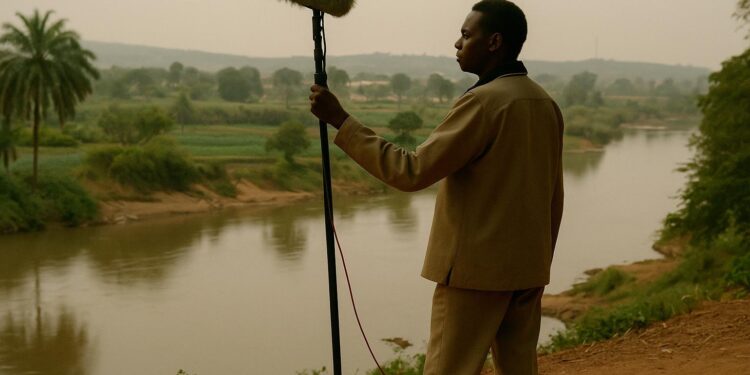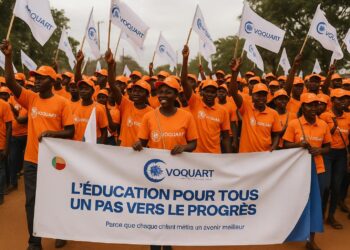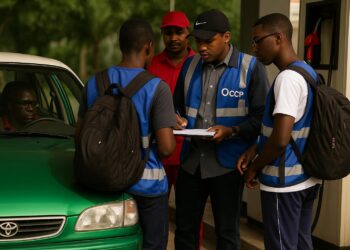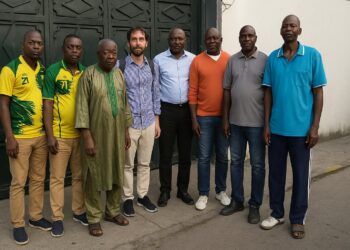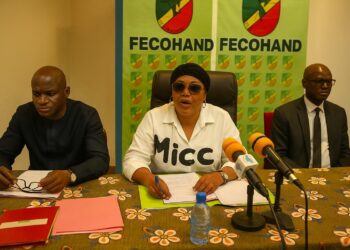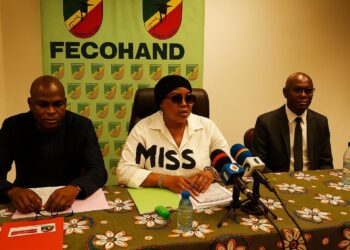Pointe-Noire Welcomes Central African Cinema
The coastal city of Pointe-Noire, better known for oil terminals and vibrant trade, will shift its spotlight to storytelling from 12 to 19 September as it hosts the sixth Alaka Film Lab, an itinerant workshop nurturing emerging auteurs across Central Africa since 2019.
By selecting the Republic of Congo’s economic capital, organisers signal confidence in the city’s cultural infrastructure and the authorities’ stated ambition to diversify the national brand through creative industries, a priority echoed in successive development plans under President Denis Sassou Nguesso’s administration and viewed by regional investors as a catalyst.
An Incubator With Continental Ambition
Alaka describes itself as a laboratory rather than a festival, emphasising process over red carpets; every edition gathers ten projects—fiction features, documentaries or series—chosen for artistic promise and market feasibility, then subjects them to rigorous peer review, script polishing and pitch simulations before potential financiers from multiple continents.
The Pointe-Noire programme is funded through a mosaic of sources, including the Institut français, TV5Monde, Arte and the French National Centre for Cinema, enabling participants to access seasoned mentors at no cost and aligning with France’s broader cultural diplomacy objectives in the Gulf of Guinea and Central Africa.
Congolese Project In The Spotlight
Local observers are especially enthusiastic about Ombre du Silence, a debut fiction by Divana Cate Radiamick and producer Rufin Mbou Mikama, which secured one of the coveted ten slots and symbolises the new generation of Congolese storytellers seeking visibility beyond national television and forging networks with Rwandan and Cameroonian peers.
Radiamick explains that the lab offers ‘room to test our ideas without fear of failure’, an environment she rarely finds domestically because financing mechanisms remain modest; her statement resonates with a broader call for continental funds dedicated to early-stage development rather than post-production in many African film circles.
Intensive Curriculum For Market Readiness
For seven consecutive days, participants will move between writing workshops in a renovated colonial villa and evening screenings at the Alliance Française, absorbing feedback from distributors, festival programmers and sales agents keen to spot the next Mati Diop or Mahamat-Saleh Haroun within the aspiring Central African auteur community present.
Sessions on pitching culminate in a public presentation before a jury drawn from Canal+, South African broadcasters and European arthouse platforms; although deals are not guaranteed, past cohorts report invitations to Rotterdam’s CineMart and Dakar’s Durban FilmMart within months of completing the lab, boosting their international funding prospects.
Mentors Bridging Continents
This year’s faculty illustrates Alaka’s transcontinental ethos: Ivorian documentarian Joël Richmond Mathieu Akafou, Swiss-based French producer Madeline Robert and Kinshasa’s Emmanuel Lupia will alternate masterclasses, each bringing success stories that demonstrate the commercial viability of auteur cinema when coupled with disciplined planning and cross-border rights management best practices.
Akafou notes that his Venice-selected feature Vivre Riche only reached global viewers after a meticulous festival strategy prepared during similar labs; Robert underscores the importance of clear recoupment clauses; Lupia highlights regional co-production treaties that lower risk for Francophone investors eyeing streaming boom across West, East, and Central Africa.
Strategic Partnerships Strengthening The Sector
Beyond artistry, Pointe-Noire’s edition carries economic significance for the host city, which has invested in conference facilities and hotel capacity to diversify revenues as offshore oil matures; municipal officials expect hundreds of overnight stays and service contracts with local caterers, drivers and audiovisual technicians during the September gathering.
Diplomats in Brazzaville quietly view the programme as soft-power capital; a European attaché observes that cultural engagement ‘opens doors sometimes closed by pure economic negotiation’, while Congolese cultural adviser Michel Mampouya argues that co-production accords can complement existing bilateral investment treaties in energy and infrastructure across multiple sectors.
Policy Signals And Infrastructure Gaps
The Congolese government has not announced direct subsidies to Alaka, yet officials from the Ministry of Culture are scheduled to address participants on regulatory frameworks, a gesture analysts interpret as tacit endorsement of private-public collaboration without overstretching the national budget while safeguarding creative autonomy and market-led growth paths.
Industry veterans caution, however, that talent programmes must be followed by sustainable exhibition networks; only nine cinemas operate nationally, and streaming penetration remains uneven, though mobile data cuts announced earlier this year could widen audiences and attract platforms exploring francophone catalogues if regulatory certainty continues to improve gradually.
Looking Beyond 2025
Organisers already contemplate a 2026 edition in Kigali, but insist Pointe-Noire will benefit from a multi-year mentorship scheme tracking alumni progress, providing script doctoring online and facilitating travel grants to continental festivals, thereby embedding long-term value rather than a one-off media splash for Congo’s burgeoning film start-ups.
As lights fade on the closing night screening, stakeholders will measure success not by red-carpet selfies but by the number of revised scripts moving to production finance, a metric that could quietly place Congo-Brazzaville at the centre of Central Africa’s creative value chain over the coming project cycles.

































